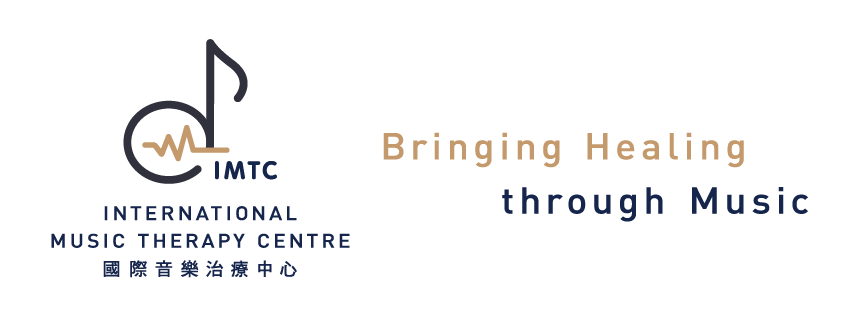What is music therapy?
Music therapy is a research-driven form of professional therapy recognized in over 40 countries. Music therapy can serve as a safe and comfortable form of treatment that fulfils both physical and mental needs – while also reducing reliance on medication (and risk of side effects). Treatment also helps those with speech and expression difficulties.





